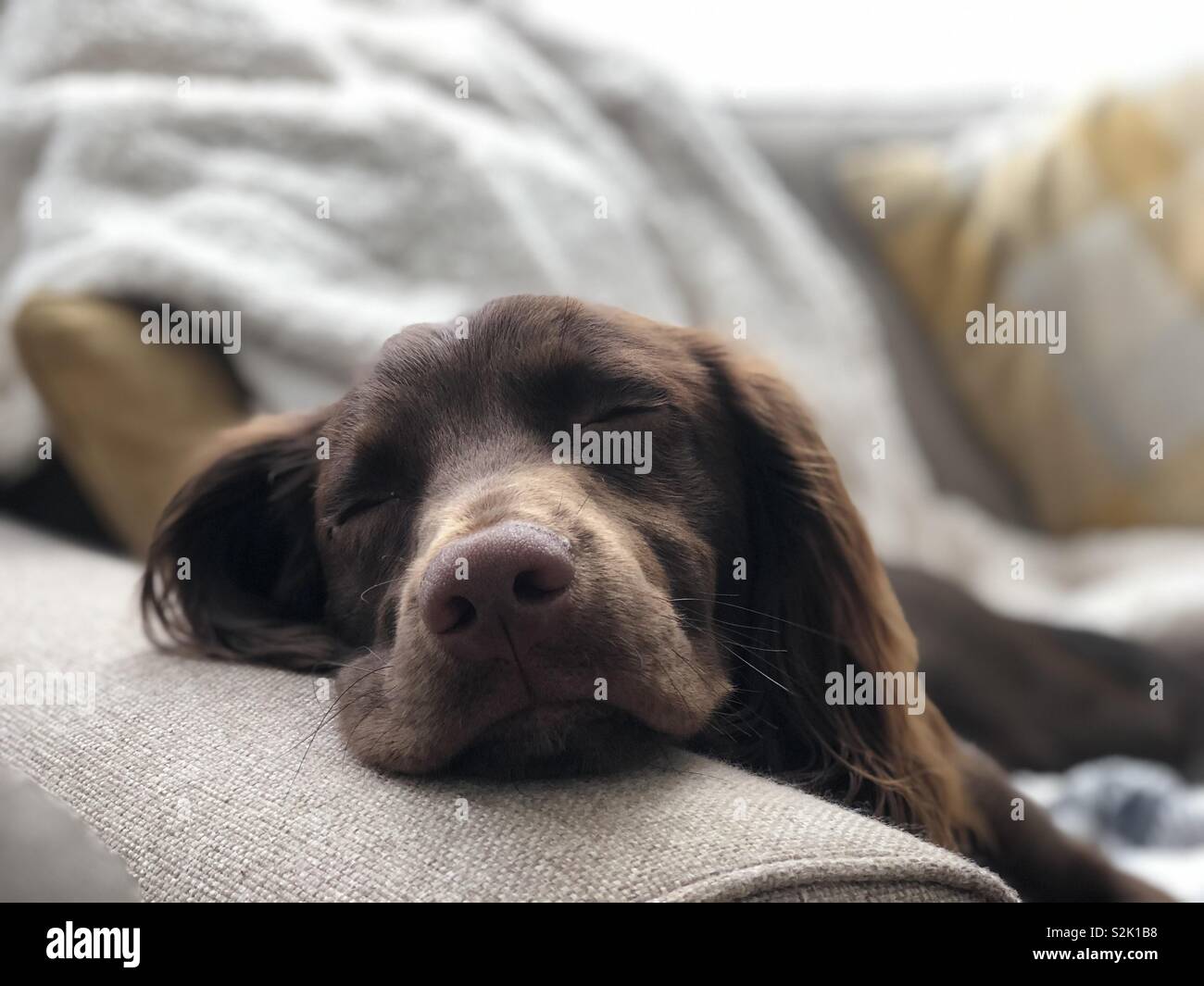

Just leave it alone.” So now she uses the phrase, “Don’t wake up the sleeping dogs.”.

So I told her, “Well., if a situation is doing just fine as it is but could create problems by messing with it. So when I used the phrase, “Better to let sleeping dogs lie.”, she looked at me strangely and asked what I meant by that. Her version is sometimes a bit different, such as her phrase, “I see the blind man.” (as opposed to, “I see, said the blind man.”) Her way of saying it makes me laugh so, I just go with that. But the ice is rather thin, and Facebook is treading away.My girlfriend, a Filipina, will hear me use American phrases every so often that I just keep presuming everyone has heard. Whether or not it violates people’s privacy rights is a legal issue, and one that doesn’t appear to have been pushed to the lawyers yet. The image to the right is an example that a confused reader sent to me – he saw the ad on his profile and wondered if I was affiliated with Blockbuster’s Movie Clique application or with the Jackass movie.Īs far as I can tell there is no point where users are agreeing to the use of their image and name in advertisements, explicitly or even buried in the terms and conditions of the site. But all of this may be in violation of publicity rights in place in many states that prohibit the commercial exploitation of a person’s image and likeness without permission or contractual compensation. So if one of your friends adds a third party application, you may see an advertisement that shows their picture, prints their name and says that they’ve added the application.Ĭertainly click throughs and responses increase with the addition of a recommendation from a friend in an advertisement.

Facebook is allowing advertisers to use user images and names in their ads.

The second problem hasn’t been resolved, though.


 0 kommentar(er)
0 kommentar(er)
